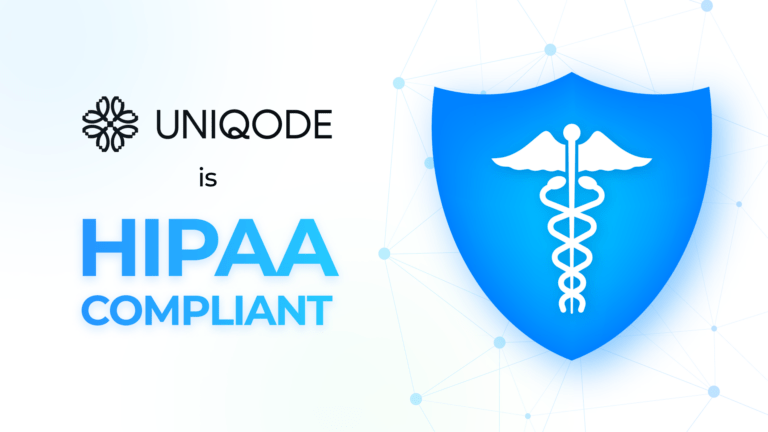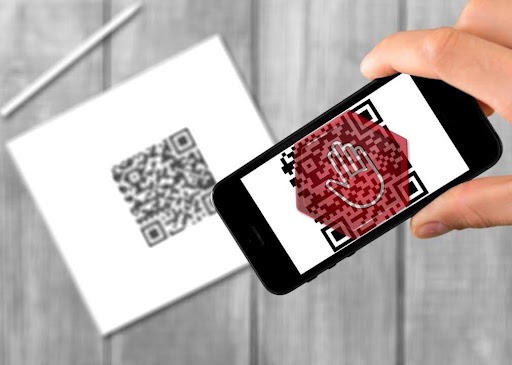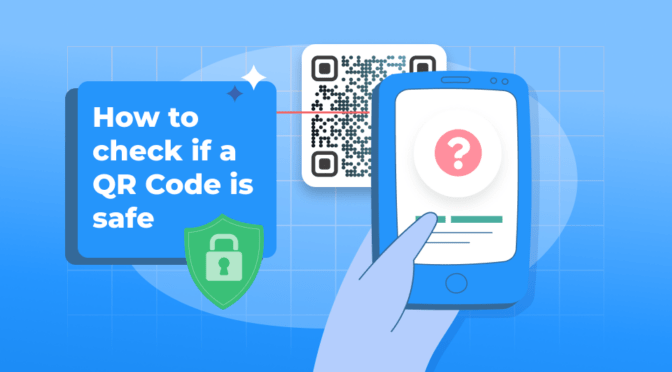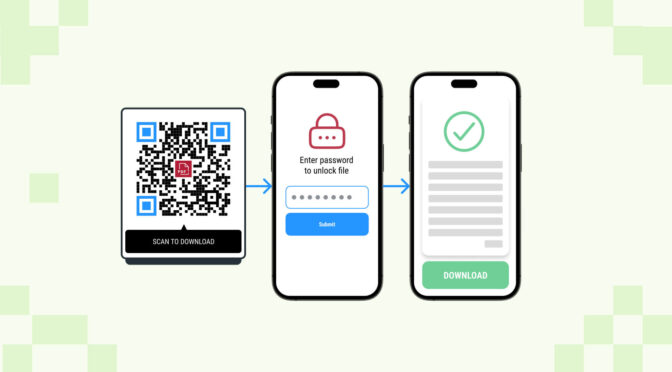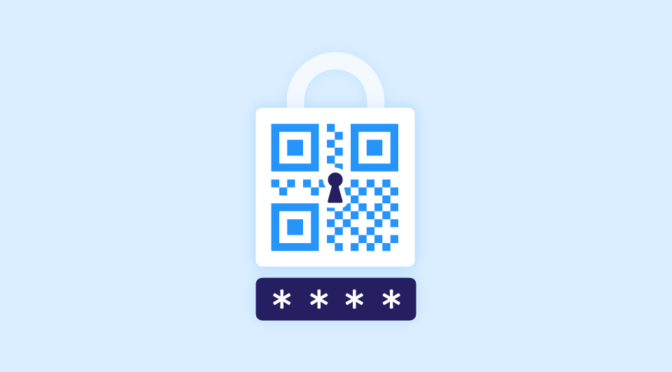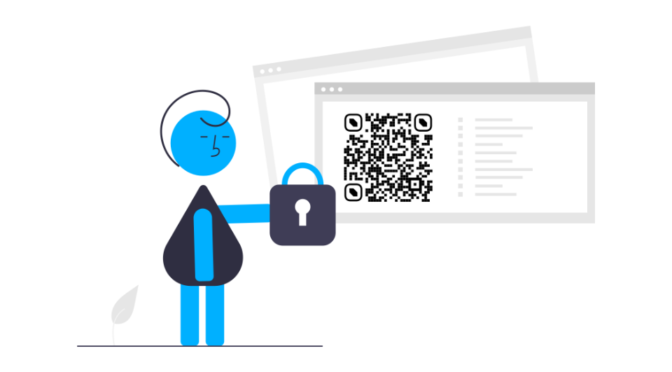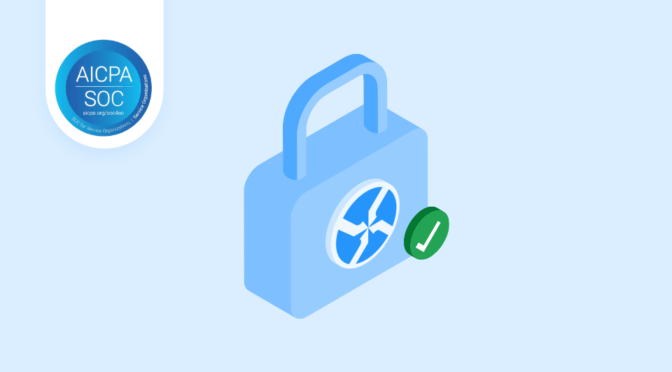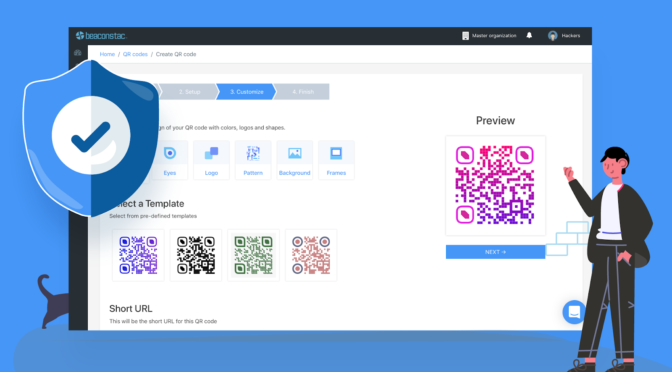QR Codes are revolutionizing healthcare. However, this also emphasizes the need for robust data security measures to protect sensitive patient information. The Department of Health and Human Services (HHS) reported that health data breaches reached an all-time high in 2023, affecting nearly 133 million people.
This is where HIPAA (Health Insurance Portability and Accountability Act) compliance is critical when data is handled digitally. It ensures that healthcare providers handle patient health information (PHI) securely and confidentially. It also sets standards for protecting privacy and preventing unauthorized access to medical records.
At Uniqode, we lead the charge by complying with HIPAA. We’re here to ensure that hospitals and healthcare providers can now harness the power of QR Codes without compromising sensitive information.
Table of contents
- What does being HIPAA-compliant mean?
- Potential QR Code-related data security violations in healthcare
- Why is HIPAA compliance critical?
- How do QR Codes fit into the picture?
- Enhance your healthcare services with Uniqode’s HIPAA-compliant QR Codes
What does being HIPAA compliant mean?
“As healthcare organizations continue to explore innovative technologies to enhance patient experiences and streamline operations, HIPAA compliance is an absolute necessity. By ensuring our QR code platform meets these rigorous standards, our clients can leverage the benefits of our technology while maintaining the highest levels of data security and patient privacy.”
-Sharat Potharaju, Co-founder and CEO of Uniqode.
For healthcare providers and health insurance companies, a HIPAA-compliant solution like Uniqode ensures that QR Code interactions—accessing medical records, facilitating patient payments, or sharing critical health information—are protected by stringent data security measures.
Healthcare professionals can confidently use QR Codes for operational tasks such as patient check-ins, IT device management, and internal communications without the risk of exposing sensitive health information.
This compliance ensures that all the data transacted to and from QR Codes occur:
✅ In an encrypted environment
✅ Under strict access-controlled setups
✅ With transparent and accessible audit trails
Potential QR Code-related data security violations in healthcare
While QR Codes offer many benefits in healthcare, they may also be a double-edged sword, posing risks to patient privacy and data security.
Here are some potential HIPAA violations associated with unsecured QR Code usage:
- Data exposure: If QR Codes point to sensitive patient information and are not adequately protected, unauthorized individuals could scan and access this data
- Unauthorized access: Hackers can intercept and decode unsecured QR Codes, gaining access to protected health information (PHI)
- Phishing attacks: Threat actors can create QR Codes that link to phishing websites, tricking patients into revealing their personal information
- Data breaches: A compromised QR Code management platform could expose a large amount of PHI in a single breach
- Lack of audit trails: Without proper tracking mechanisms, it can be challenging to determine who has accessed or shared QR Code data, hindering investigations of potential HIPAA violations
So, what is the countermeasure for these violations? A HIPAA-compliant QR Code management platform.
Why is HIPAA compliance critical?
As healthcare providers shift towards digital operations and look to develop a healthcare app, HIPAA compliance is vital to safeguard the data electronically stored. This includes QR Codes, among other things.
For example, healthcare professionals offer online access to claims and patient services. These digital advancements enhance efficiency but also increase security risks for healthcare data.
Here’s a brief outline of why being HIPAA-certified is essential:
Data security and privacy
HIPAA mandates that healthcare providers and their business associates (in this case, the QR Code platform) implement robust security measures to protect PHI from unauthorized access, disclosure, or use. This includes both physical and electronic safeguards.
Patient rights
HIPAA grants patients rights regarding their PHI, including:
✅ Access: The right to access medical records and obtain copies
✅ Amendment: Request corrections to inaccurate or incomplete medical records
✅ Disclosure: Specify who is authorized to access the PHI
✅ Notice of privacy practices: Healthcare providers must provide patients with a clear and concise notice explaining how they handle PHI
Business associate accountability
HIPAA extends its requirements to business associates who handle PHI on behalf of covered entities. The goal is to ensure that PHI remains protected throughout the healthcare ecosystem.
For example, a clinic outsources patient data storage to a cloud provider or a QR Code platform. If the provider experiences a data breach, the clinic and provider are accountable under HIPAA. This ensures that patient data remains secure even when handled by third parties.
Breach notification
During a data breach, HIPAA requires covered entities to notify affected individuals and the Department of Health and Human Services (HHS). This helps to mitigate the potential harm caused by a breach and ensures transparency.
For example, if your medical institution experiences a data breach, HIPAA covers the affected patient. How? HIPAA mandates that healthcare providers conduct a thorough investigation, notify affected patients, and report the incident to HHS.
This timely response helps mitigate potential patient harm, ensures transparency, and allows for oversight and investigation.
Enforcement and penalties
HIPAA is enforced by the HHS Office for Civil Rights (OCR). Non-compliance with HIPAA can result in significant civil and criminal penalties, underscoring the importance of adhering to its requirements.
🔐 Improve your healthcare services with HIPAA-compliant QR Codes
Find a QR Code for all your needs in a healthcare setup. Design and manage them with privacy controls for your team. Track how they perform. Securely export data to your existing systems. All in one, secured, QR Code management platform.

🔥Uniqode is big on security and privacy (more on trust portal):
How do QR Codes fit into the picture?
QR Codes store and transmit information digitally, offering many advantages for the healthcare industry. A HIPAA-compliant QR Code management platform ensures that your workflows operate securely.
Here are some ways healthcare service providers use our secured QR Code platform in their day-to-day operations:

- Offer improved patient experience: QR Codes provide quick access to vital information: appointment details, medical records, and health education materials
- Enhanced operational efficiency: Healthcare providers can streamline processes such as check-in and billing using QR Codes at counters and reception
- Communicate better: Use QR Codes at strategic locations, such as emergency, outdoors, or clinics, to improve communication with patients
- Reduce reliance on paper: QR Codes can digitize paper-based operations such as forms, service brochures, and invoices. This reduces the need for paper-based forms and improves response times
- Contactless solutions: QR Codes can power a contactless alternative for many patient interactions, minimizing the risk of cross-contamination
Enhance your healthcare services with Uniqode’s HIPAA-compliant QR Codes
Explore Uniqode if you’re seeking a secure QR Code solution for your healthcare services. Schedule a demo today to see how Uniqode can transform your healthcare operations.
Check out our official press release for more details on our HIPAA compliance announcement.

Related Posts
14 day free trial of the QR platform







